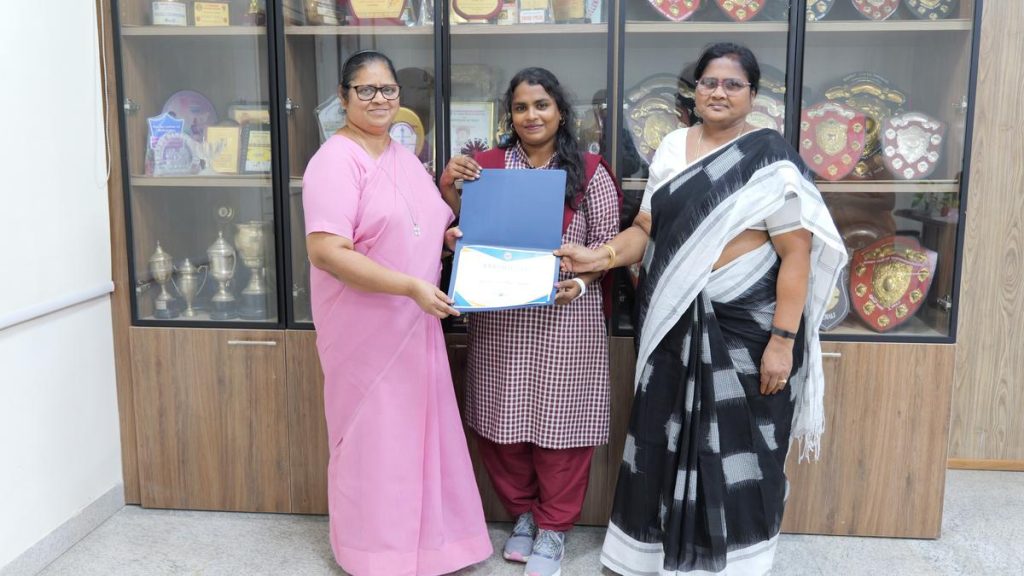Now Reading: Encrypted Apps Facilitating Drug Trade, Warns ADGP A. Amalraj
-
01
Encrypted Apps Facilitating Drug Trade, Warns ADGP A. Amalraj
Encrypted Apps Facilitating Drug Trade, Warns ADGP A. Amalraj
Rapid Summary
- Encrypted messaging and social media platforms are increasingly being used for narcotics transactions, complicating drug-law enforcement efforts.
- tamil Nadu Police have intensified operations under the NDPS Act, targeting hotspots using advanced surveillance methods.
- Seizures (2021-2025):
– Over 107 tonnes of ganja
– 3.2 lakh pharmaceutical tablets
– 1,223 kg of other narcotic substances
- Recent seizure: In July, police confiscated 5,250 ganja-infused chocolates intended for college students.
- Tamil Nadu’s geographical proximity to high-drug-trafficking states and its coastline make it vulnerable to illicit trade; coordination with neighbouring States’ anti-narcotic forces aids preventive measures.
- Financial investigations between 2021-2025 led to the freezing of over ₹21 crore in assets (8,949 bank accounts and 45 properties).
- Pharmaceutical drug misuse is a rising challenge with seizures jumping from ~39K units in early years to over ~1.42 lakh by recent counts (e.g., painkillers/stimulants diverted via legal channels or online platforms).
- Measures include:
– Awareness: Anti-drug campaigns reached over 74 lakh students; annual pledges taken against drug use.
– Enforcement: Focus on detecting smuggling routes/networks and regulating pharmacies/e-commerce sources where prescription drugs were misused.
– Rehabilitation: government de-addiction centres offer treatment and reintegration support.
Indian Opinion Analysis
Tamil Nadu’s multi-faceted approach toward combating narcotics underscores the importance of a extensive framework encompassing surveillance, legal enforcement, public awareness campaigns, inter-state coordination, financial investigations, and rehabilitation programs. The increasing role played by encrypted communication channels suggests that law-enforcement mechanisms must adapt continually through technology-powered investigations.
One notable achievement is the level of community involvement fostered through anti-drug clubs in colleges as well as outreach initiatives targeting youth – portraying substance abuse as not only an individual problem but also a societal concern. However stringently enforced punitive actions are necessary deterrents; their integration alongside preventive education encourages long-term sustainable impact.
The surge in pharmaceutical drug trafficking highlights gaps within regulatory oversight that need constant vigilance from both authorities and stakeholders such as healthcare providers or e-commerce operators distributing prescription medication legally yet prone towards criminal exploitation
Tracking evolving trends while leaving room supporting victim-treatment bridges accountability prevention human/law backed solutions























